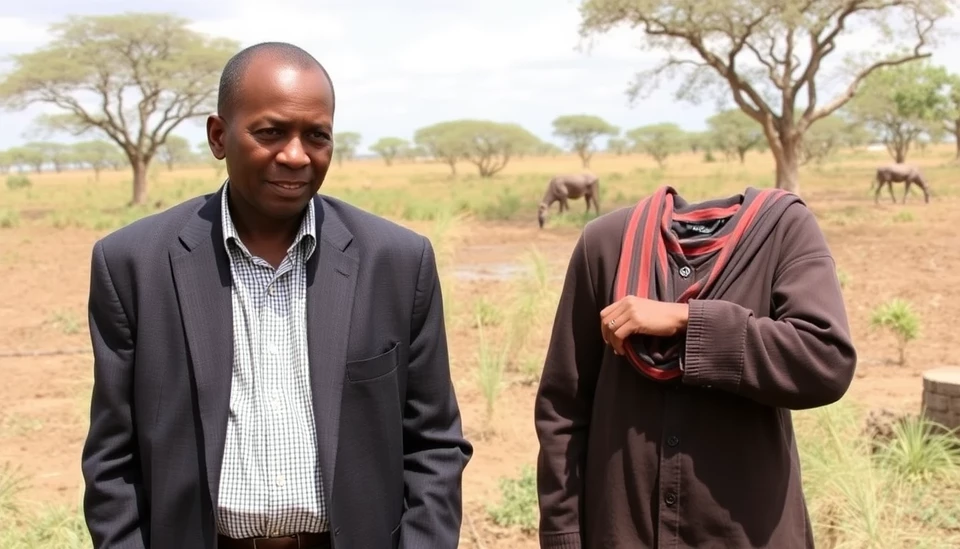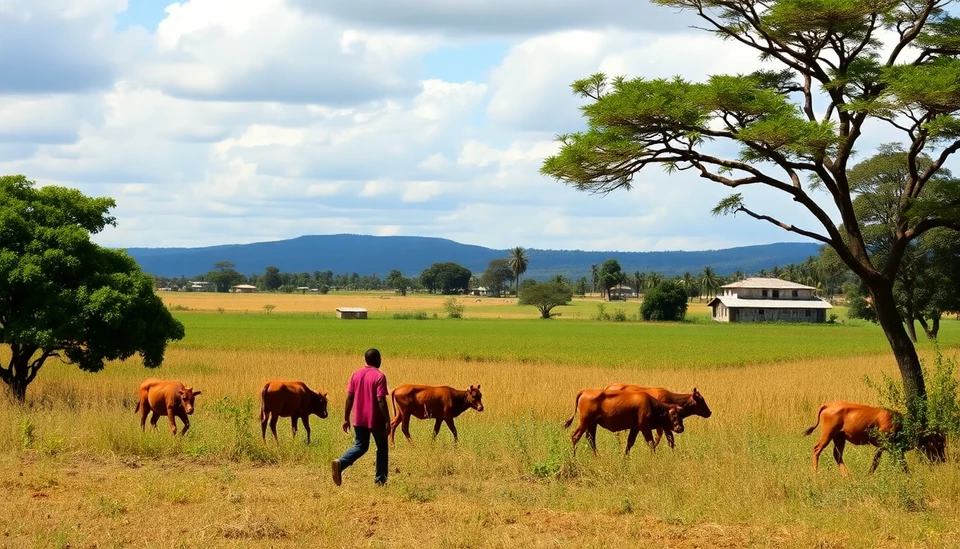
Zimbabwe Issues Dollar Bonds to Compensate Ex-Farmers for Land Seizures
In a groundbreaking move, the Zimbabwean government has announced the issuance of dollar-denominated bonds aimed at compensating farmers who lost their land during the controversial land reform program initiated in the early 2000s. This extensive legal and financial initiative is set to provide restitution to thousands of former agricultural producers, who faced significant disruptions to their livelihoods following the government's takeover of white-owned farms.
Continue reading
Zimbabwe Takes Historic Step in Farm Compensation Deal
In a landmark development, Zimbabwe has commenced the process of compensating former farming landowners for agricultural properties that were seized by the government during the controversial land reform program of the early 2000s. This initiative marks a significant milestone in the nation’s efforts to reconcile past grievances and move forward in revitalizing its agricultural sector, which has played a crucial role in the country's economy.
Continue reading
Trump Vows to Cut Aid to South Africa Over Controversial Land Expropriation Policy
In a bold statement that has generated significant international attention, former President Donald Trump announced plans to reduce or eliminate U.S. aid to South Africa. This declaration came in response to the country’s contentious land expropriation policy, which has sparked heated debates both domestically and abroad. Trump’s remarks reflect a growing concern among U.S. lawmakers about property rights and racial tensions in South Africa.
Continue reading
Zimbabwe's Major Financial Reform: Compensation for Ex-Farmers to Exceed $331 Million
In a landmark decision aimed at reshaping its financial responsibilities, the Zimbabwean government has announced that it will compensate former white farmers to the tune of $331 million. This significant move comes as part of an effort to address ongoing disputes over land reform that have caused economic turmoil in the nation for more than two decades.
Continue reading